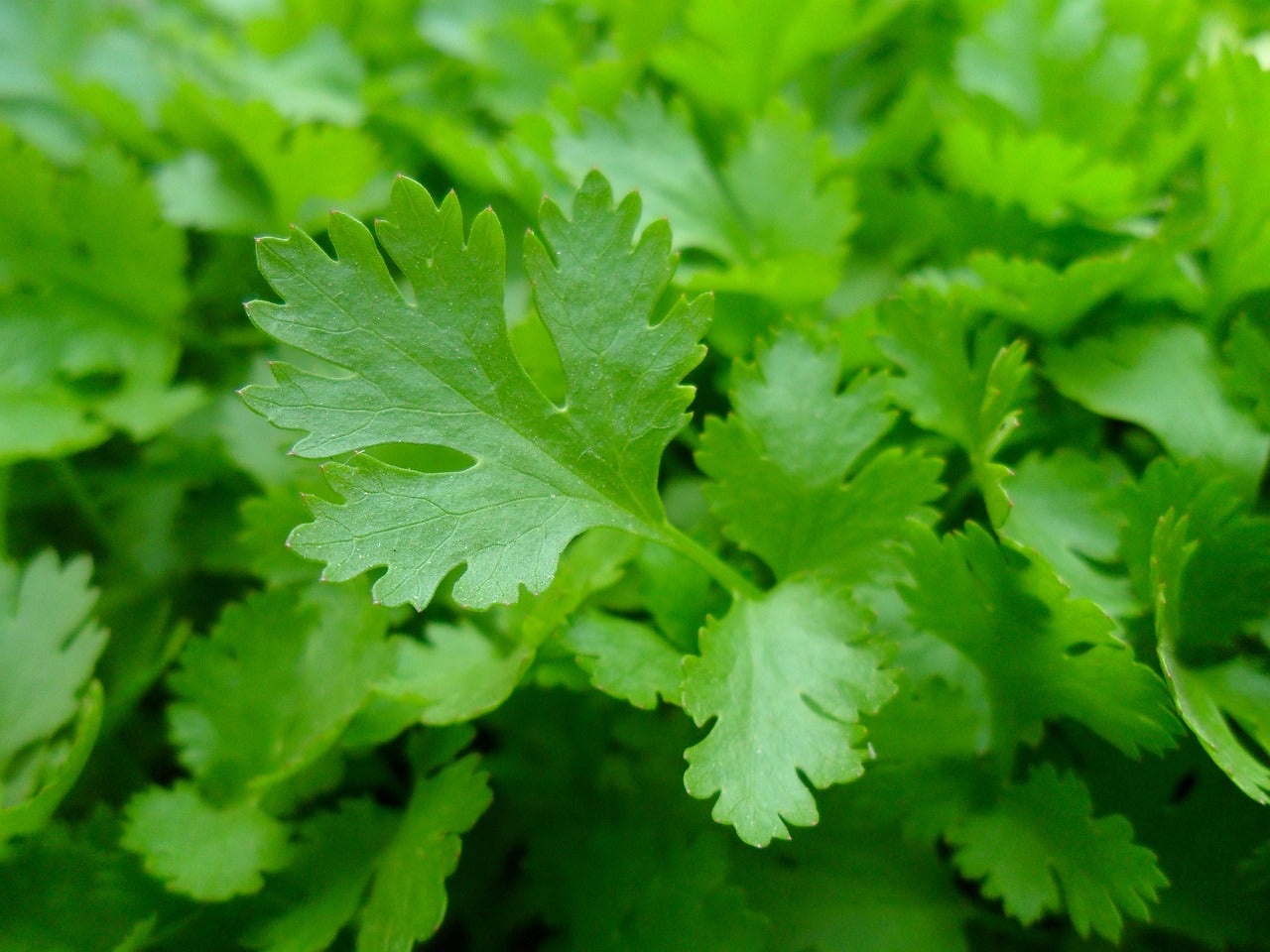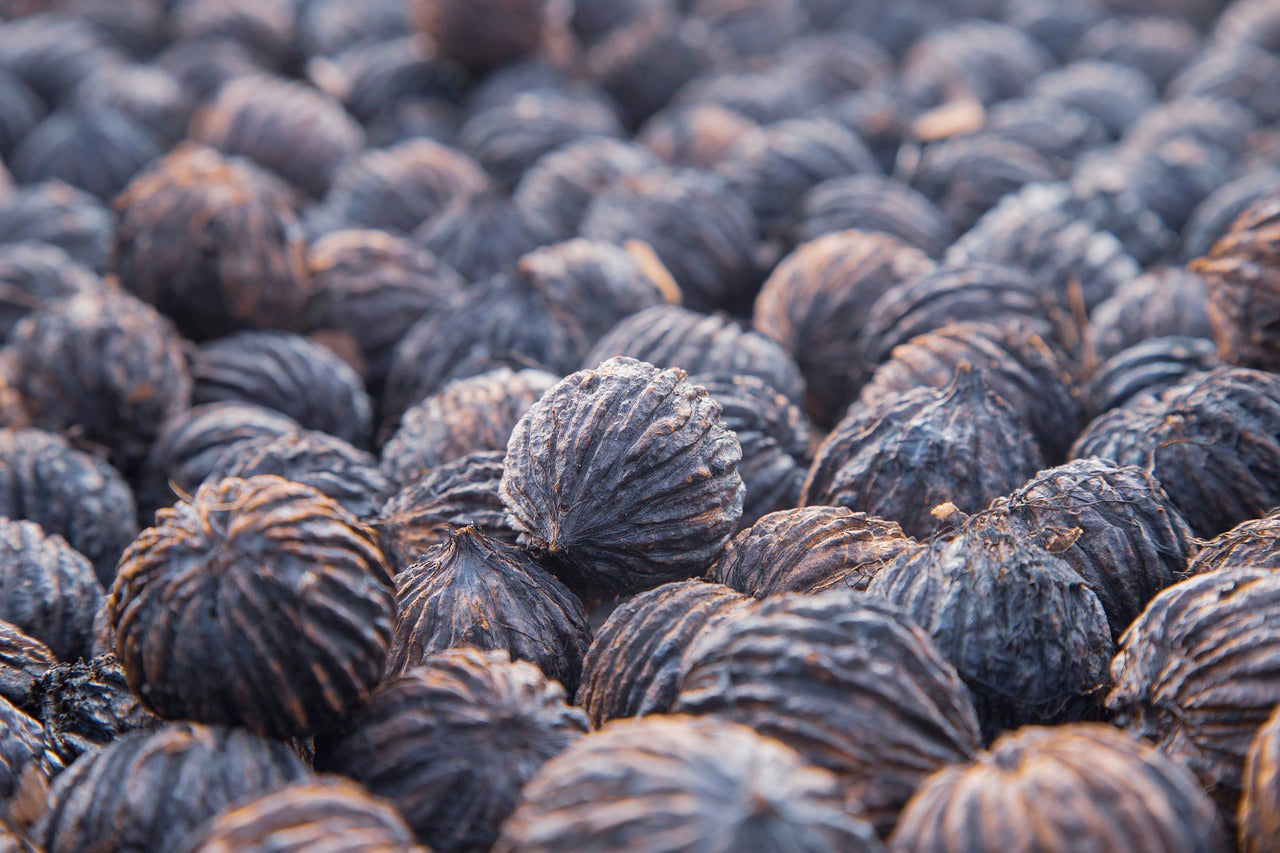Parsley, a humble green herb often relegated to the role of a garnish, is a powerhouse of nutrients and health benefits. This Mediterranean native plant, lauded for its medicinal properties since ancient times, is a rich source of vitamins, minerals, and antioxidants. It's time to shift our perspective and start appreciating parsley for the nutritious and beneficial herb it is. Let's delve into the myriad benefits of parsley.
Understanding Parsley
Parsley belongs to the botanical family that includes familiar herbs and vegetables like cilantro, dill, fennel, carrots, celery, and parsnips. The two prevalent varieties of parsley are the curly-leaf and the flat-leaf. The latter is thought to have a stronger flavor.
Parsley is a great addition to your garden, given its easy cultivation. It thrives in cooler months of spring and fall, and can endure the winter in milder regions.
Beyond being a culinary herb, parsley has been lauded for its potential health benefits by various herbalists across centuries. From the famed Greek physician, Galen, who used it for womb and bladder disorders, to its modern-day usage for cardiovascular health, parsley is a versatile herb.
The Nutrient Powerhouse
Parsley is a nutrient-dense herb, teeming with vitamins A, C, and K, along with folate and essential minerals such as iron, potassium, calcium, magnesium, and manganese. Additionally, it contains vitamin E, B vitamins, and other nutrients in smaller quantities.
Notably, parsley is particularly rich in flavonoids, a type of antioxidant, which helps combat chronic inflammation and can potentially reduce the risk of age-related diseases.
The Diuretic Effect
One of the most recognized benefits of parsley is its diuretic property, which supports urinary system health. Diuretics aid in flushing toxins out of the kidneys and help alleviate bloating and water retention by increasing urination. This can be beneficial in various situations, including urinary tract infections, edema, cystitis, and kidney stones.
Parsley for Digestive Aid
Parsley's gentle warming effect on digestion makes it a carminative herb, relieving gas and bloating. Traditionally, it has also been used to help with constipation and other signs of a stagnant digestion. Consuming parsley with or after a meal not only freshens up your breath but also aids your digestion.
The Role of Parsley in Menstruation
Parsley is known for its mild emmenagogue properties, stimulating blood flow and/or contractions in the pelvic area and uterus, thereby stimulating menstruation. It's proven beneficial for those with absent or delayed menstrual periods but should generally not be used during pregnancy due to its effect on the uterus.
Parsley as a Blood Builder
Parsley is considered a blood builder and blood cleanser, purifying and nourishing the body, which is a significant benefit for many health issues. Parsley can support an overall healthy menstrual cycle and has often been used as a nourishing tonic for those who have lost weight, are recovering from an illness, or are otherwise tired and depleted.
Promoting Heart Health with Parsley
Parsley is rich in folate, a B-complex vitamin that prevents the formation of fatty plaques along the blood vessels, keeping them healthy and preventing illnesses like atherosclerosis, infarcts, or strokes. It also contains vitamin K, which improves blood vessel health by keeping them elastic and preventing the accumulation of calcium, which can lead to cardiovascular problems like atherosclerosis.
Parsley for Bone Health
Parsley is rich in vitamin K, an essential nutrient that aids in bone formation due to boosted osteoblast activity. It also activates certain proteins that increase bone density and can stimulate better adhesion of calcium to the bones and teeth, preventing osteoporosis.
Parsley for Skin Health
Parsley's lutein, a type of carotenoid with antioxidant action, helps to reduce oxidative damage in the upper layers of the skin caused by UV rays, cigarette smoke, and pollution. This can help prevent early aging. Parsley also contains vitamin C, promoting collagen formation in the body, decreasing skin flaccidity, and making skin firmer and elastic.
The Cancer-Fighting Properties of Parsley
Parsley contains several natural plant compounds that aid in the fight against diseases like cancer. Flavonoids found in parsley, like myricetin and apigenin, have been shown to help prevent skin cancer. Carotenoids, like lutein, found in parsley can inhibit cancer cell growth in breast cancer.
The Antibacterial Benefits of Parsley
Parsley's inherent antimicrobial properties can help with tooth health and bacteria-induced skin problems. As an antibacterial agent, parsley can aid in the elimination of harmful microorganisms from the body.
Parsley for Eye Health
Parsley is rich in carotenoids, mainly lutein and zeaxanthin, which are components that help maintain vision and promote eye health. Some studies show that these compounds help prevent macular degeneration related to aging.
Other Notable Benefits
Parsley can also be beneficial for individuals dealing with diabetes as it helps to regulate blood sugar and protect the liver due to its antioxidant action. Studies also suggest that parsley may be beneficial in maintaining healthy blood pressure levels.
How to Incorporate Parsley into Your Diet
The best way to reap the nutritional and health benefits of parsley is to consume it fresh. However, dried leaves or roots can also be made into an infusion or decoction for certain uses, like its diuretic effect. Parsley can also be incorporated into smoothies, soups, juices, and salads, or used as a seasoning for foods like seafood and fish.
Conclusion
Parsley is more than just a garnish. Its robust nutrient profile and potential health benefits make it a valuable addition to your diet. So, the next time you see parsley on your plate, remember to consume it, not just admire it!
If you found this blog interesting check out the incredible benefits of juniper! And feel free to check out easydetox.io.



